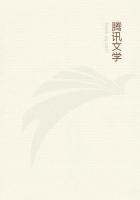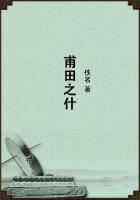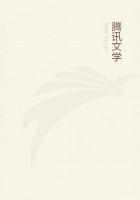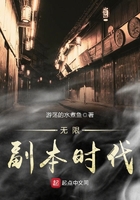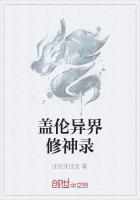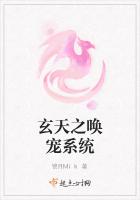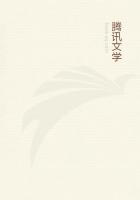A poet who is also a Platonist is likely to exalt his office; it is his not merely to amuse or to please, but to lead mankind nearer to the eternal ideal--Shelley called it Intellectual Beauty--which is the only abiding reality. This is the real theme of his 'Defence of Poetry' (1821), the best piece of prose he ever wrote. Thomas Love Peacock, scholar, novelist, and poet, and, in spite of his mellow worldliness, one of Shelley's most admired friends, had published a wittily perverse and paradoxical article, not without much good sense, on 'The Four Ages of Poetry'. Peacock maintained that genuine poetry is only possible in half-civilised times, such as the Homeric or Elizabethan ages, which, after the interval of a learned period, like that of Pope in England, are inevitably succeeded by a sham return to nature. What he had in mind was, of course, the movement represented by Wordsworth, Southey, and Coleridge, the romantic poets of the Lake School, whom he describes as a "modern-antique compound of frippery and barbarism." He must have greatly enjoyed writing such a paragraph as this: "A poet in our times is a semi-barbarian in a civilised community. . . . The march of his intellect is like that of a crab, backward. The brighter the light diffused around him by the progress of reason, the thicker is the darkness of antiquated barbarism in which he buries himself like a mole, to throw up the barren hillocks of his Cimmerian labours." These gay shafts had at any rate the merit of stinging Shelley to action. 'The Defence of Poetry' was his reply. People like Peacock treat poetry, and art generally, as an adventitious seasoning of life--ornamental perhaps,but rather out of place in a progressive and practical age. Shelley undermines the whole position by asserting that poetry--a name which includes for him all serious art--is the very stuff out of which all that is valuable and real in life is made. "A poem is the very image of life expressed in its eternal truth." "The great secret of morals is love, or a going out of our own nature, and an identification of ourselves with the beautiful that exists in thought, action, or person, not our own. A man, to be greatly good, must imagine intensely and comprehensively; he must put himself in the place of another and of many others; the pains and pleasures of his species must become his own. The great instrument of moral good is the imagination." And it is on the imagination that poetry works, strengthening it as exercises strengthen a limb. Historically, he argues, good poetry always coexists with good morals; for instance, when social life decays, drama decays. Peacock had said that reasoners and mechanical inventors are more useful than poets. The reply is that, left to themselves, they simply make the world worse, while it is poets and "poetical philosophers" who produce "true utility," or pleasure in the highest sense. Without poetry, the progress of science and of the mechanical arts results in mental and moral indigestion, merely exasperating the inequality of mankind. "Poetry and the principle of Self, of which money is the visible incarnation, are the God and mammon of the world." While the emotions penetrated by poetry last, "Self appears as what it is, an atom to a universe." Poetry's "secret alchemy turns to potable gold the poisonous waters which flow from death through life." It makes the familiar strange, and creates the universe anew. "Poets are the hierophants of an unapprehended inspiration; the mirrors of the gigantic shadows which futurity casts upon the present; the words which express what they understand not; the trumpets which sing to battle, and feel not what they inspire; the influence which is moved not, but moves. Poets are the unacknowledged legislators of the world."Other poets besides Shelley have seen
"Through all that earthly dress Bright shoots of everlastingness,"and others have felt that the ******* from self, which is attained in the vision, is supremely good. What is peculiar to him, and distinguishes himfrom the poets of religious mysticism, is that he reflected rationally on his vision, brought it more or less into harmony with a philosophical system, and, in embracing it, always had in view the improvement of mankind. Not for a moment, though, must it be imagined that he was a didactic poet. It was the theory of the eighteenth century, and for a brief period, when the first impulse of the Romantic Movement was spent, it was again to become the theory of the nineteenth century, that the obJect of poetry is to inculcate correct principles of morals and religion. Poetry, with its power of pleasing, was the jam which should make us swallow the powder unawares. This conception was abhorrent to Shelley, both because poetry ought not to do what can be done better by prose, and also because, for him, the pleasure and the lesson were indistinguishably one. The poet is to improve us, not by insinuating a moral, but by communicating to others something of that ecstasy with which he himself burns in contemplating eternal truth and beauty and goodness.

